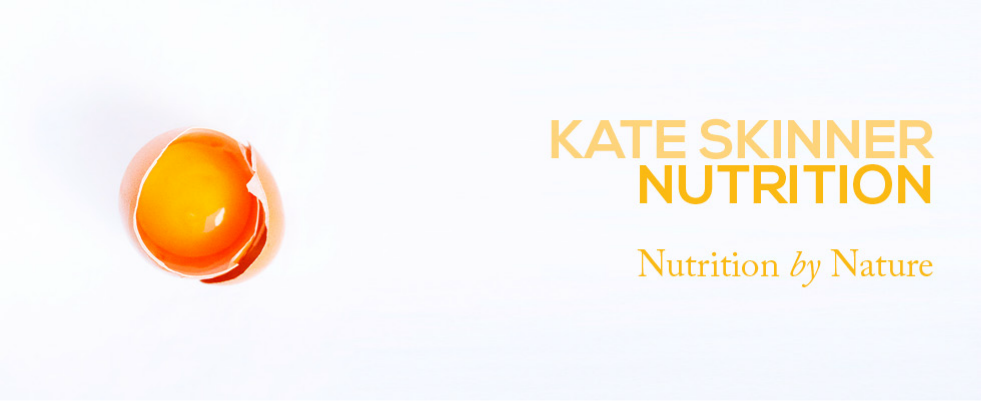For example, fat is uniquely satiating, it’s the macronutrient with the highest ability to affect the release of the hormone cholecystokinin in our gastrointestinal tract, keeping our hunger satisfied at a biochemical level (source). Studies have shown that people generally eat at least twice as much of a low-fat or fat-free product (source), plus these tend to be loaded with extra sugar so as to rival their naturally flavoursome full-fat counterparts in the taste stakes.
Which brings me to the most obvious drawcard, all nutrition aside: full-fat products taste delicious. Who wants to eat a tub of fat-free fluff or spreadable plastic when you can sink your teeth into decadent full-flavoured greek yoghurt, sour cream or spread real butter on your toast. And yes, I can-believe-it’s-not-butter.
If I’ve failed to win you over with that argument alone, then consider that high-quality (grass-fed, unhomogenised, organic), full-fat whole food options are nutritionally superior to their reduced-fat equivalents. For decades we’ve been fed the skim milk fallacy, that this ‘healthier’ option is better for our bones, better for our waist line, better for our wellbeing. Milk is touted as a good source of vitamins A and D, but what the low-fat propagators fail to mention is that these are in fact, fat-soluble vitamins – ie fat is needed so that we can absorb and utilize these nutrients (source). The fat in milk helps with calcium and other mineral absorption, so the high calcium levels in skim milk are not actually as bioavailable to the body.
Once you take a food from its natural state, ie remove the fat, subject it to unnatural levels of heat and pressure, homogenize and ultrapasturize it, you detract from its overall nutritional value as a whole food. Fat helps slow the absorption of sugar into the bloodstream, and the effect of milk sugars (lactose) on our insulin response to skim milk with the natural fat removed may be a key to understanding why skim products appear to be more fattening than their whole-fat alternatives. We’ve been skinny dipping for decades, yet we’re fatter than ever, and until now generations upon generations of our forebears thrived without the need for fat restriction (see my previous post).
Still want to chew the fat a little further? Sarah Wilson has been championing embracing healthy fats, read some fabulous posts of hers here, here and here. There’s a wealth of amazing information to sift through on the Weston A. Price Foundation site too, a largely untapped goldmine for health-seekers on the nifty interwebs.
For the Nutri-Nerds… check out this research study suggesting yet further evidence for the healthful benefits of saturated fat found in butter and ghee, in this case the anticargenogenic properties of these foods when compared with vegetable oils.
…And this study which touts the benefits of consuming full fat fermented dairy products (sour cream, yoghurt, culured butter etc), revealing evidence to suggest benefits in terms of both lowering cholesterol and boosting metabolism with enhanced gut flora population and function.
I’ll be posting an über simple recipe over the next day or so, to go with the whole fat-loving dairy theme. Spread the word… [UPDATE: here it is! Spiced ginger rhubarb with fresh cream]

